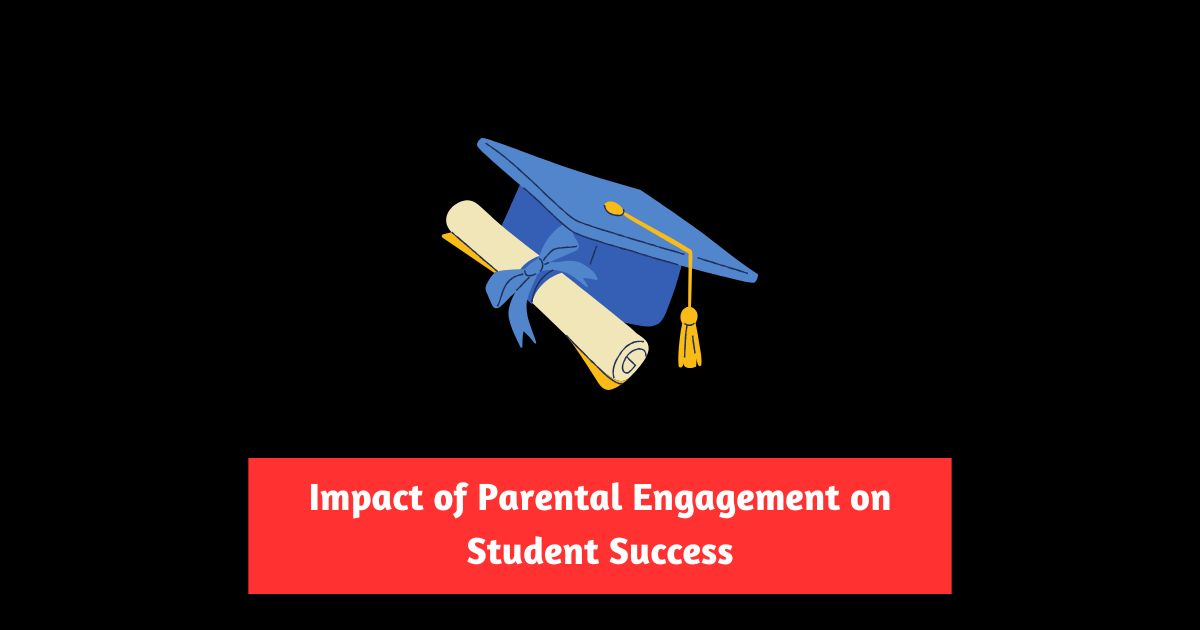Parental engagement plays a vital role in shaping the academic journey of children. It’s not just about attending parent-teacher meetings; it encompasses various aspects of involvement that significantly influence a student’s success. Let’s dive into how parental engagement impacts student outcomes and explore effective strategies for maximizing this crucial relationship.
What is Parental Engagement?
When we talk about parental engagement, we’re referring to the active participation of parents in their children’s education. This can range from helping with homework to volunteering at school events. There are generally two types of engagement: direct involvement (like attending school functions) and indirect involvement (such as creating a conducive learning environment at home).
The Role of Parents in Education
Parents are often a child’s first teachers. The home environment whether it’s filled with books, supportive discussions, or positive reinforcement sets the stage for learning. Additionally, when parents communicate effectively with teachers, they can better advocate for their children’s needs, ensuring they receive the necessary support.
Benefits of Parental Engagement
Research consistently shows that students whose parents are engaged tend to perform better academically. They not only achieve higher grades but also display a more positive attitude toward school. When parents show interest in their children’s education, it boosts the kids’ motivation and self-esteem, creating a positive feedback loop that reinforces learning.
How Parental Involvement Affects Different Age Groups
The impact of parental engagement can vary across age groups:
- Early Childhood: Active parental involvement lays a strong foundation for learning, helping children develop essential skills and a love for learning.
- Middle School: As students begin to assert independence, parents need to adapt their engagement style, focusing more on guidance than direct involvement.
- High School: Parental support can influence students’ decisions about college and career paths, making their involvement crucial during these formative years.
Strategies for Effective Parental Engagement
Engagement doesn’t have to be overwhelming. Here are some practical strategies:
- Communication Strategies: Regularly check in with teachers via emails or school portals. Attend meetings and ask questions about your child’s progress.
- Involvement in School Activities: Volunteer for events, join the parent-teacher association, or participate in classroom activities. This not only shows your child that education matters but also fosters a sense of community.
Hybrid Learning Engagement Techniques
Barriers to Parental Engagement
Despite the benefits, many parents face barriers to engagement. Factors like socioeconomic status, language differences, and time constraints can hinder their involvement. Schools can help by providing resources and support tailored to these challenges.
The Teacher’s Role in Facilitating Engagement
Teachers play a crucial part in bridging the gap between home and school. Building positive relationships with parents and creating welcoming environments can encourage more parents to engage. Regular updates and open lines of communication can make parents feel more included in their child’s education.
Case Studies: Successful Engagement Programs
Schools that have implemented successful engagement programs often see remarkable results. For example, programs that involve parents in decision-making processes or provide parenting workshops can foster a deeper connection to the school community.
Technology and Parental Engagement
In today’s digital age, technology can enhance parental engagement. Tools like online grade portals, virtual meetings, and educational apps keep parents informed and involved. These platforms make it easier to communicate and collaborate on a child’s educational journey.
Cultural Considerations in Engagement
It’s essential to recognize that families come from diverse backgrounds. Culturally responsive practices can help engage parents from various backgrounds. Understanding their unique perspectives can foster a more inclusive environment.
Measuring the Impact of Engagement
How do we know that engagement is effective? Schools can measure impact through various assessment methods, including surveys and academic performance indicators. Tracking these metrics helps in refining strategies and ensuring that parental involvement translates into student success.
Long-term Effects of Parental Engagement
The effects of parental engagement extend beyond immediate academic success. Engaged parents foster lifelong learning habits in their children, encouraging them to pursue higher education and develop a love for learning that lasts a lifetime.
Conclusion
In summary, parental engagement is not just a nice-to-have; it’s essential for student success. By actively participating in their child’s education, parents can make a profound difference. Let’s work together parents, teachers, and communities to create an environment that promotes learning and growth for every child.
FAQs
What are some easy ways to engage with my child’s education?
Start by asking about their day, attending school events, and helping with homework.
How can schools better support parental involvement?
Offer flexible meeting times, provide resources, and create welcoming environments for families.
What should I do if I feel disconnected from my child’s school?
Reach out to teachers or administrators to express your concerns and ask how you can get involved.
Are there specific programs that improve parental engagement?
Yes, many schools have workshops, newsletters, and engagement initiatives designed to help parents connect with the school community.
How can I measure my own engagement with my child’s education?
Reflect on how often you communicate with teachers, attend school events, and discuss academic topics with your child.

